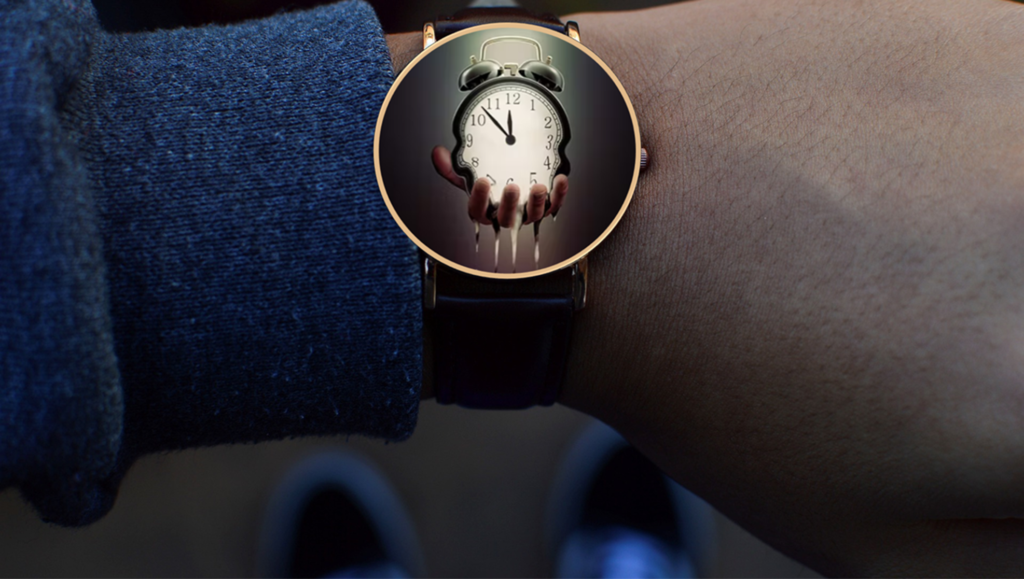This month we explore the concept of TIME.
Are you ALWAYS in a hurry?
Does it feel like you NEVER have enough time to get your ‘to-do’ list done?
Do you hear yourself saying ‘I’ve run out of time’ or ‘I don’t have time to do this?’
Are you in a repetitive state of stress and anxiety because of time-related constrictions?
I (Christine) want to be optimistically blunt about the concept of time, and also offer you a different way of thinking about the concept of time.
Too often it takes something life threatening, serious or exceptionally frightening for individuals to then appreciate time.
It’s like we experience a chronic juxtaposition of the concept of enough versus lack of time in our lives.

We too often say we never have enough time, yet on the other hand we complete the priorities, and put so many things off believing we will ‘get around to it’.
“Time is what we want most, but what we use worst” – William Penn
Harsh truth!
Most people have a victim relationship with time. This means that the individual believes they are either helpless against time, they get swindled, or have no ability to ever have time on their side.
The victim relationship with time makes the person think time is their enemy and there’s always a lack of it. Part of the victim relationship with time is also prioritising other people’s tasks, requests or demands ahead of our own and therefore we do not have time for our own priorities.
Why do we prioritise other people’s tasks, requests or demands ahead of our own? Because there is a lack of self-esteem, a low self-image, or a fear of not being accepted or approved of. When we engage in other people’s stuff all the time at the expense of our own, we become a slave to the external demands, instead of committing to our own priorities and putting ourselves first.
This is not selfish; this is self-FULL and essential!
If you notice the context of the victim relationship with time… it is nothing to do with time itself, it is solely to do with our own perception of our self-worth, self-esteem and our mindset around an external concept.
Time itself, is not something we can actually control. The more we ‘try’ to control time, the worse our problems get.

The FIRST approach to shift the ‘victim relationship’ with time begins with changing your language.
#1. The next time you hear yourself say ‘I don’t have time for that right now’ or ‘I wish I had more time’, change it to ‘I’m not willing to make time for that right now’. Yes, Blunt BUT the reason for taking this approach is to put ourselves in a place of ownership! When we take ownership of what we think, say and do the better off we will be, in every aspect of our lives.
For example: I hear this a great deal “I know you’re very busy right now, but would you…” and I always stop the person at this point and say, “I am not very busy at all. If I were very busy, I would consider that a terrible way to live and I’m willing to make some time for us to have this conversation; or not willing to make time for us to have this conversation.”
I have taken ownership of what is a priority for me. I am in a powerful position to engage in those things that are a priority for me, and not being driven by other people’s timelines and urgency.

The SECOND approach to shift the ‘victim relationship with time’ is to get conscious about what emotion(s) you are spending most of your time in.
#2. Do you drop into a space of low self-esteem, lacking confidence, feeling sad, getting angry or frustrated about not having enough time to get all your tasks done? Our mindset around time, is the belief we have about what it means to us and how it influences our world. This mindset influences our emotion(s) that we are spending most of our time experiencing. If we are consistently feeling frustrated, then we get frustrated that don’t have enough time. When we are feeling low in self-esteem, we will do everyone else’s tasks, requests, or demands before our own and continue the downward cycle.

When we shift our relationship with time and spend our time in an emotion of gratitude or happiness or curiosity, we create an optimistic view of time. Time works for us. Time appears to expand. When we prioritise ourselves first, we accomplish more within the time we have and experience our day with much more ease and flow.
Set your focus on what you most love to do and time works for you!

